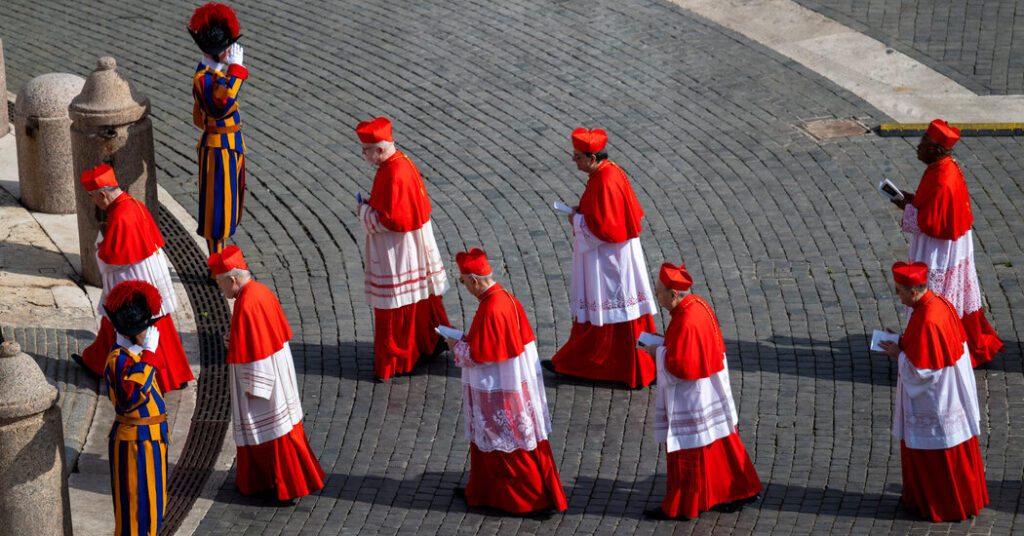The Papal Conclave: Ideological Divides and Key Issues
Cardinals’ Landscape Ahead of the Conclave
The upcoming papal conclave in Rome is marked by a diverse group of cardinals, reflecting a spectrum of ideological beliefs similar to secular political divides. Notably, some conservative leaders within the Roman Catholic Church have expressed disagreements with the more progressive stance of Pope Francis, who has found support among liberal circles globally.
Understanding Ideological Divisions
Despite apparent left-right distinctions, the internal dynamics of the Vatican and the broader Church present a more complex picture. One of the hallmarks of Pope Francis’ liberalism—his strong advocacy for marginalized groups—aligns with the Church’s long-standing mission to assist the poor and needy, thereby raising questions about what truly defines progressiveness within the Church.
A Philosophical Reflection
The decision at the conclave will ultimately serve as a reflection of the Church’s future trajectory. According to Anna Rowlands, a political theologian, Francis navigated this polarized milieu with a willingness to engage in dialogue, highlighting the importance of including diverse voices in determining the direction of the Church.
Inclusive Decision-Making
Pope Francis advocated for greater participation of regular practicing Catholics—including women and LGBTQ+ individuals—in Church decisions. He has initiated synods, allowing laypeople to voice their opinions alongside bishops. However, conservative factions may seek a return to centralized decision-making, leaving debates around inclusivity and representation at the forefront of discussions.
Key Issues Facing the Church
Women in Leadership
In a notable move, Francis allowed women to vote at a bishops’ meeting for the first time two years ago, yet he hesitated on the issue of ordaining women as deacons. Advocates for women in ministry argue for broader roles beyond traditional ones, whereas conservative voices warn that ordaining women could challenge long-held Church doctrine.
Married Priests
The persistent shortage of priests has prompted discussions about allowing married men to serve, particularly in regions like the Amazon. Though a recommendation was made in a bishops’ summit, Francis ultimately deferred the decision, reflecting a cautious stance on radical changes in longstanding Church policies.
Divorce and Remarriage
Pope Francis has urged a more welcoming attitude towards divorced and remarried Catholics, encouraging priests to refrain from exclusionary attitudes. While he has opened debates on marriage annulments, no formal changes in Church law have been enacted.
Addressing Sexual Orientation
The Pope has made significant strides for LGBTQ+ Catholics by permitting the blessing of same-sex couples, while emphasizing that marriage remains a union exclusively between a man and a woman. There are complexities involved, especially in regions where homosexuality is criminalized, which has prompted localized guidelines for clergy.
Confronting Sexual Abuse
Despite attempts to move beyond the trauma of sexual abuse scandals, many still contend that insufficient reforms have been implemented. Acknowledging this ongoing “wound,” Vatican discussions remain centered on fostering a culture of awareness and healing.
Considering the Global South
The growth of the Catholic Church in Africa and Asia necessitates a papal leader attuned to the varied cultural landscapes among new followers. This inclusion is vital for addressing disparities and expectations regarding faith practices within these diverse communities.
Engaging the Youth
The Church faces the challenge of appealing to its younger members, who prefer dialogue over directives. As noted by Dr. Nora Kofognotera Nonterah, engaging youth through inquiry is crucial for fostering a vibrant future for the Catholic Church.


